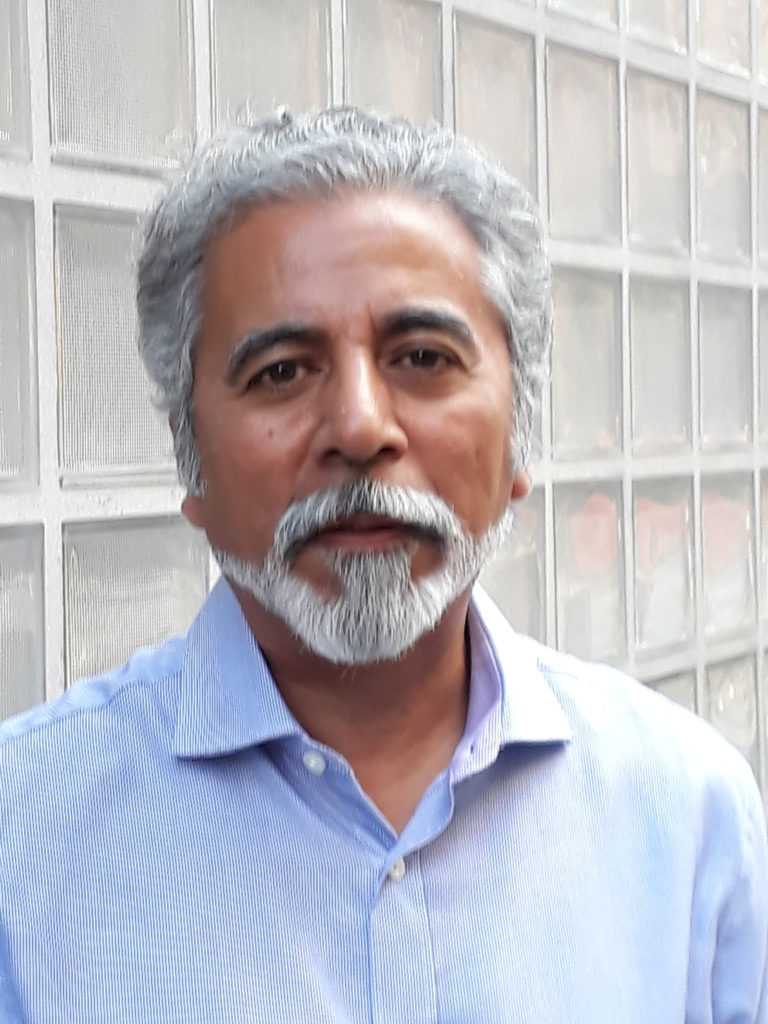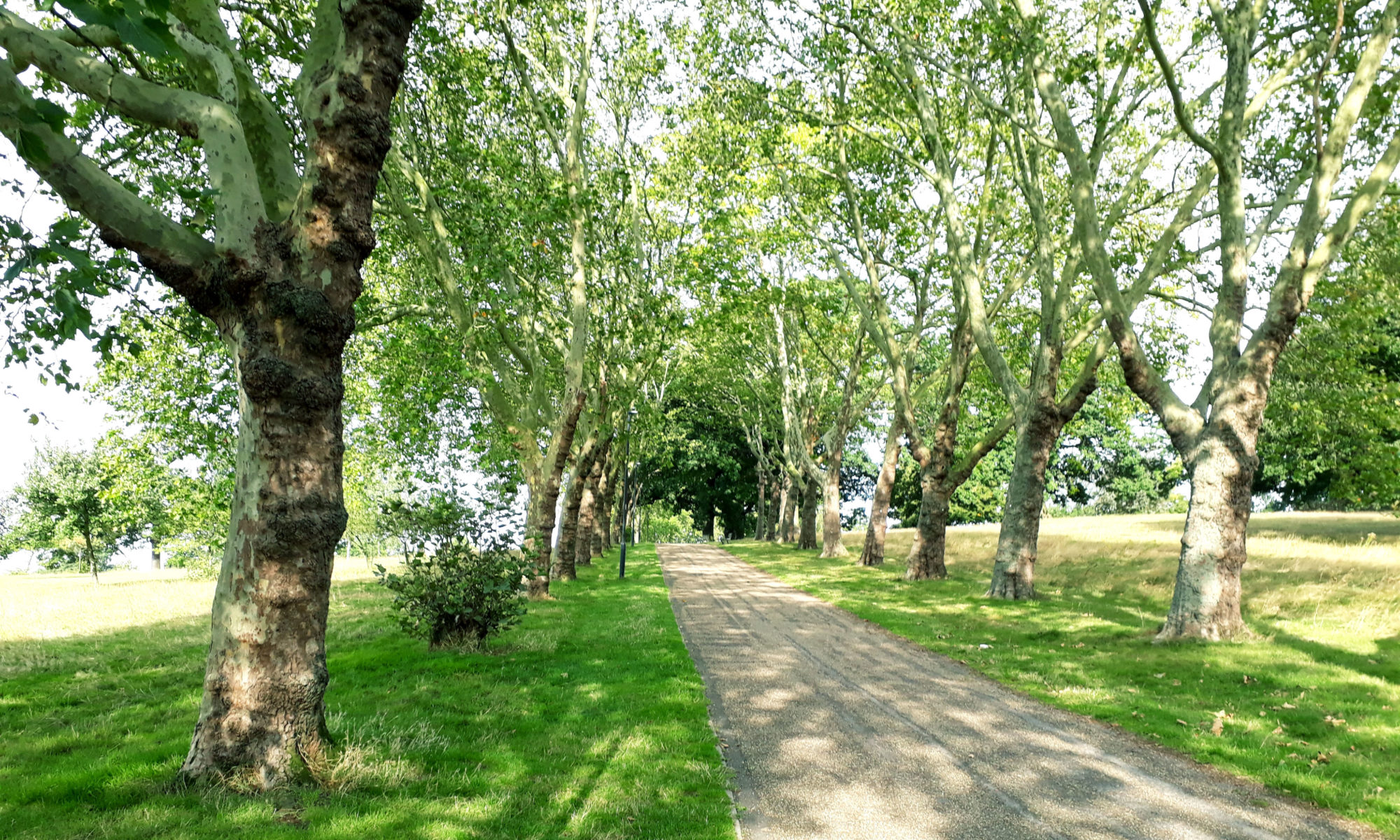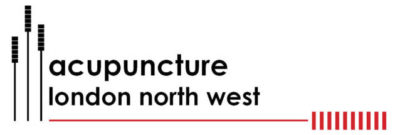
I came to acupuncture after a career in accountancy. My partner jokes that I’m working my way down the alphabet and will finally end up as a zoologist! This is not that far from the truth. My first degree was in microbiology combined with biochemistry. Science as we know is driven by the rational mind and based on evidence driven observations. So how did I end up as an acupuncturist?
I crossed paths with acupuncture some thirty years ago. I used to smoke at least 20 cigarettes a day and had been doing so for almost a decade. I had developed a persistent smoker’s cough that would, without fail, start at three each morning (interestingly Traditional Chinese Medicine [TCM] believes that each organ has a time in the day that it is most active and 3am is the time for the “early stirring and gentle breathing” of the Lung). Knowing that I wanted to give up smoking but, let’s face it, I was addicted to the nicotine, my partner suggested I try acupuncture. She had tried it for her son who had cerebral palsy and suffered from seizures. She found that it reduced the severity and frequency of the fits so that he could avoid diazepam which can have its own side effects.
With my science background I was sceptical; how was sticking a needle in me going to make me give up smoking? Anyway, she convinced me to try one session at least so on a summer’s morning we drove down to leafy Henley-on-Thames. Before I went in for the session, I was puffing away, muttering it won’t work, but smoking several cigarettes in quick succession just in case it did. I had the treatment; I vaguely remember needles were applied to my legs below the knee, some in my arms and even in my ears. I came out and never smoked ever again, even though the acupuncturist had said that I would need, at least six sessions for it to work. A testimonial like that would have been like sprinkling stardust on the therapist now, in the age of the internet!
I studied TCM acupuncture at London South Bank University which runs its programme in conjunction with the Confucius Institute of Traditional Chinese Medicine and therefore had use of their wonderfully equipped teaching clinic based in Elephant & Castle. It was a degree course that lasted three years and I graduated with a first class! This also involved 400 hours of clinical practice supervised by practitioners of TCM from Heilongjiang University in North East China who come over to London for a one-year placement to assist and supervise students.
LSBU is unique in the UK in having this arrangement with a mainstream university and hospital in China. As you would expect, TCM is better integrated in the healthcare system in China than anywhere else in the world. In China, it is not unusual when attending a mainstream hospital for a procedure, to have it followed or preceded by a course of acupuncture. In fact, if you choose to have your operation using acupuncture rather than modern anaesthesia it works out cheaper.

